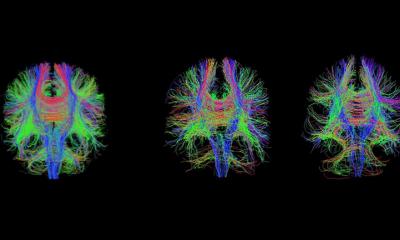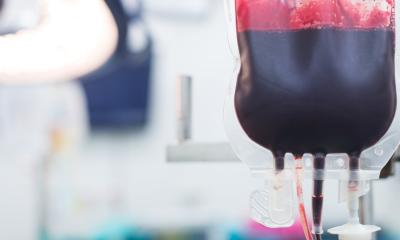TSUNAMI the aftermath
Up to 9 in 10 people will suffer psychological trauma
At a recent conference on the care of tsunami survivors, the Thai Health Ministry reported that over 5,300 of its population had been confirmed dead, leaving tens of thousands bereaved, as well as homeless, and that 10,000 people had already been treated by touring teams of mental health workers, as well as receiving counselling from Buddhist monks trained in psychology.
It was suggested that about 20% of tsunami survivors were ‘very significantly affected’ by the disaster, by, for example, showing symptoms of obsession with waiting for the return of their loved ones, whilst about 30% suffered ‘moderate’ post-traumatic stress disorder, which included symptoms of insomnia and avoidance of looking out to sea.
‘Recovery cannot take place unless we remain aware of the emotional effects and the mental health consequences,’ warned psychiatrist Dr Jonathan Davidson, director of an anxiety and traumatic stress programme at Duke University in the USA, when addressing a recent Bangkok conference on the treatment of tsunami survivors. The mental health damage, he said, could last years and post-traumatic stress disorder and depression could affect 50-90% of the population, he said, pointing out that this estimate was based on data from previous major natural disasters. Whilst recognising the need to cover general health issues and reconstruction, Mr Davidson emphasised that survivors could not recover properly without appropriate mental health care, and warned that the task would take years.
Alexander McFarlane, head of the psychiatry department, University of Adelaide, Australia, also pointed out at the conference that there are very different beliefs within communities about the nature of human suffering, and that the delicate nature of cultural differences must be carefully considered when providing post-traumatic care.
01.03.2005





